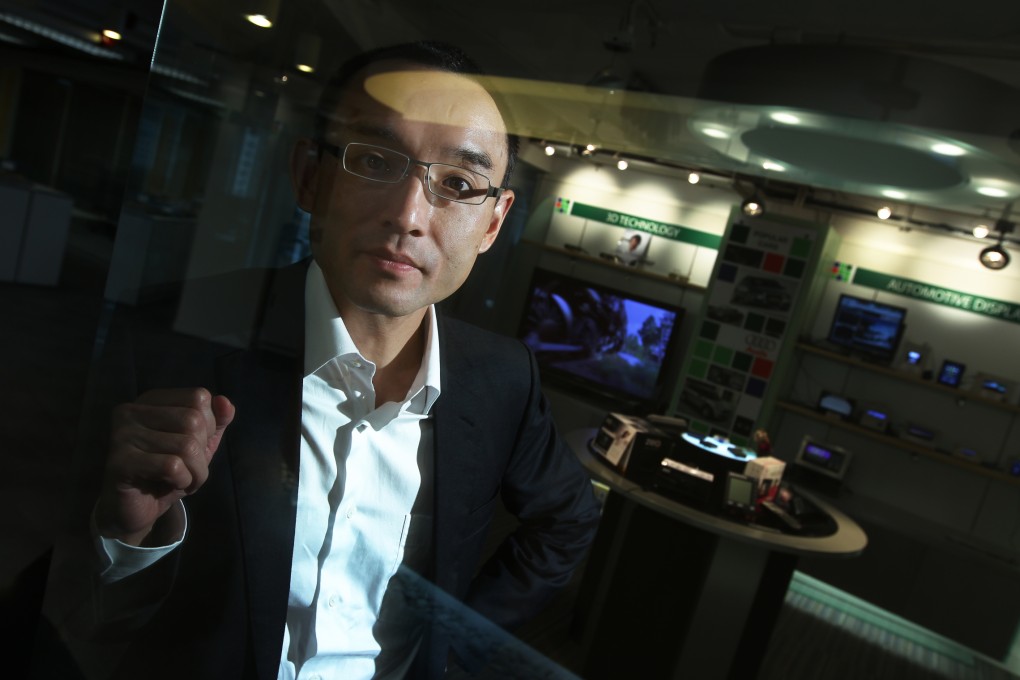Opinion | House News' closure shows Beijing's desire for control of Hong Kong media
Albert Cheng believes Tony Tsoi was targeted by the Chinese authorities as part of a broader campaign to stifle support for Occupy Central protests

New media operations offering news and views have mushroomed in Hong Kong over the past couple of years. House News, until recently a thriving news aggregator with a skeleton staff of just over a dozen tucked away in Kwun Tong, eclipsed its competition.
Despite its growing popularity, its founder Tony Tsoi Tung-ho made an abrupt decision to shut down the news portal late last month.
The project was launched at the height of the massive demonstrations against the government's plan to introduce "national education" into the school curriculum. Many parents and students were worried that this was brainwashing in disguise.
House News was modelled after the Huffington Post in the United States. Its emphasis on a diversity of views and local values hit the right note. Tsoi amassed scores of the best bloggers in the city to write for it free of charge, and it attracted 300,000 individual viewers a day within two years, surpassing the readerships of most daily newspapers in town.
It positioned itself as a curator, rather than a reporter, of news. House News never made any claim to objectivity. It was good at graphics and took pleasure in deriding Chief Executive Leung Chun-ying, as well as his team in Hong Kong and his masters in Beijing. House News was particularly appealing to the young and educated.
Many questions about the circumstances of its closure remain unanswered. Even its bloggers and staff members have been kept in the dark. Tsoi opted not to respond to media enquiries. Instead, he chose to communicate the surprising news in a written announcement. It appears that he simply wanted to slip out of the limelight as quietly as possible.
